-
•
•
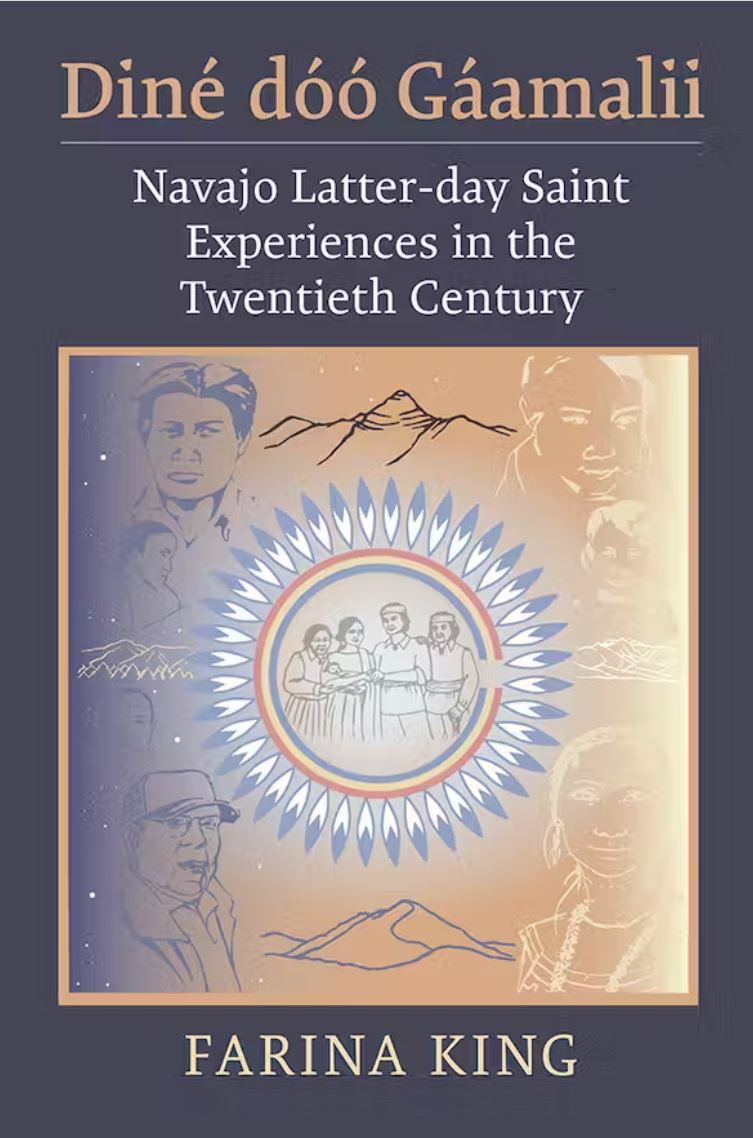
Alicia Harris—an Assistant Professor of Native American Art History at the University of Oklahoma—wrote that “If the LDS Church really can work for all peoples, we need to more attentively listen, hear, and be represented by a much greater variety of voices. We must more actively prepare a place for dual identities to be touched and nurtured in the culture of the gospel.” Farina King’s Diné dóó Gáamalii: Navajo Latter-day Saint Experiences in the Twentieth Century (University Press of Kansas, 2023) provides a great opportunity to do just that by listening to the experiences of the Diné dóó Gáamalii (Navajo… Read More
-
•
•
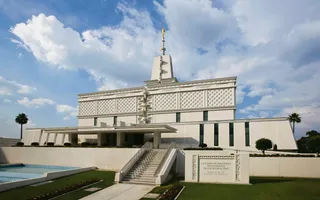
The Mexico City temple is unique architecturally in that it draws on the Mayan Revival Style. From Wikipedia “Though the name of the style refers specifically to the Maya civilization of southern Mexico and Central America, in practice, this revivalist style frequently blends Maya architectural and artistic motifs ‘playful pilferings of the architectural and decorative elements’ with those of other Mesoamerican cultures, particularly the Central Mexican Aztec architecture styling from the pre-contact period as exhibited by the Mexica and other Nahua groups. Although there were mutual influences between these original and otherwise distinct and richly varied pre-Columbian artistic traditions, the syncretism… Read More
-
•
•
10 responses
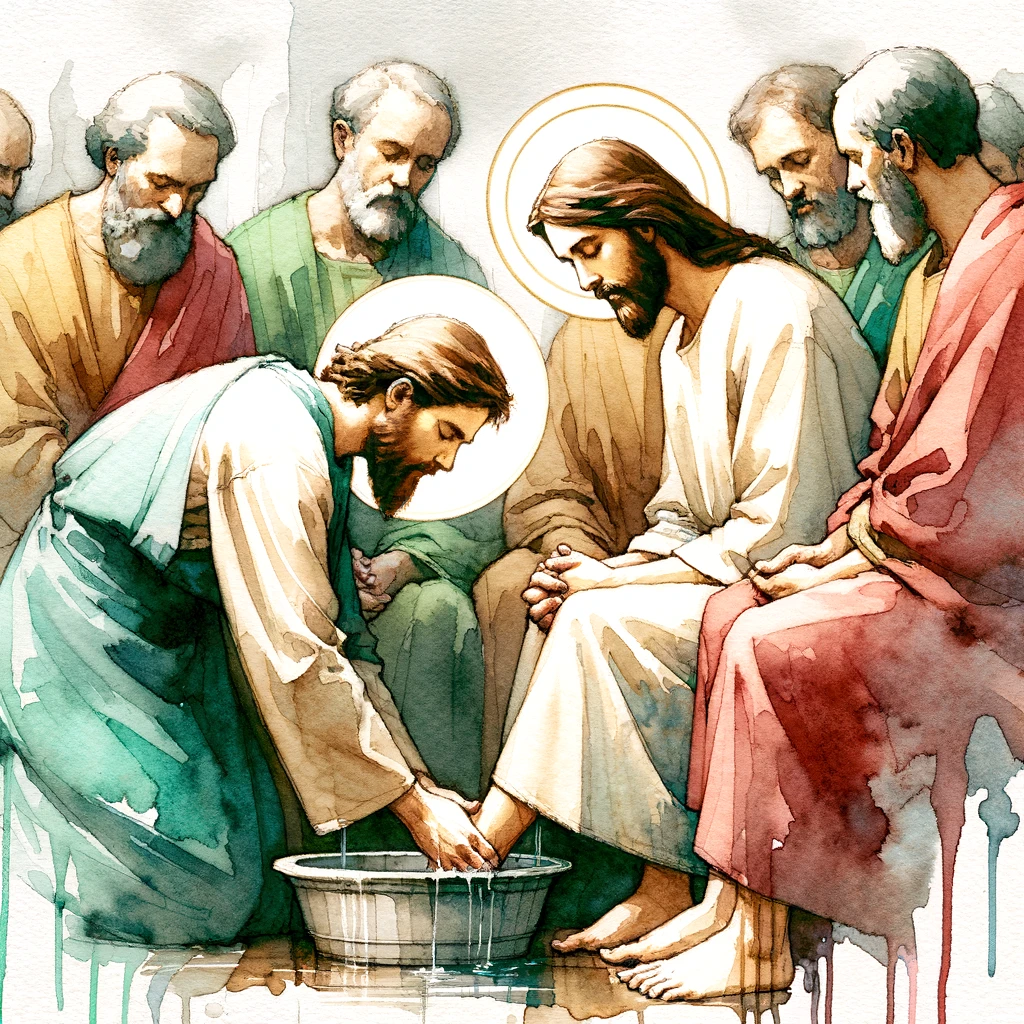
Dalle-3 image. I tried to make a highly watercolor-ish version of Christ washing the Apostle’s feet, but in the end couldn’t get rid of the halos. There is a certain class of very online member and ex-member that seems to have a particular relish for finding the faults of leaders. Of course, relishing in the personal failings of others is by definition anti-Christian. We are required to grant grace to people unconditionally. But even if it’s wrong and can lead to soul-cankering spite, I still kind of get it. When a particularly elitist or judgmental leader gets his comeuppance and… Read More
-
•
•
11 responses
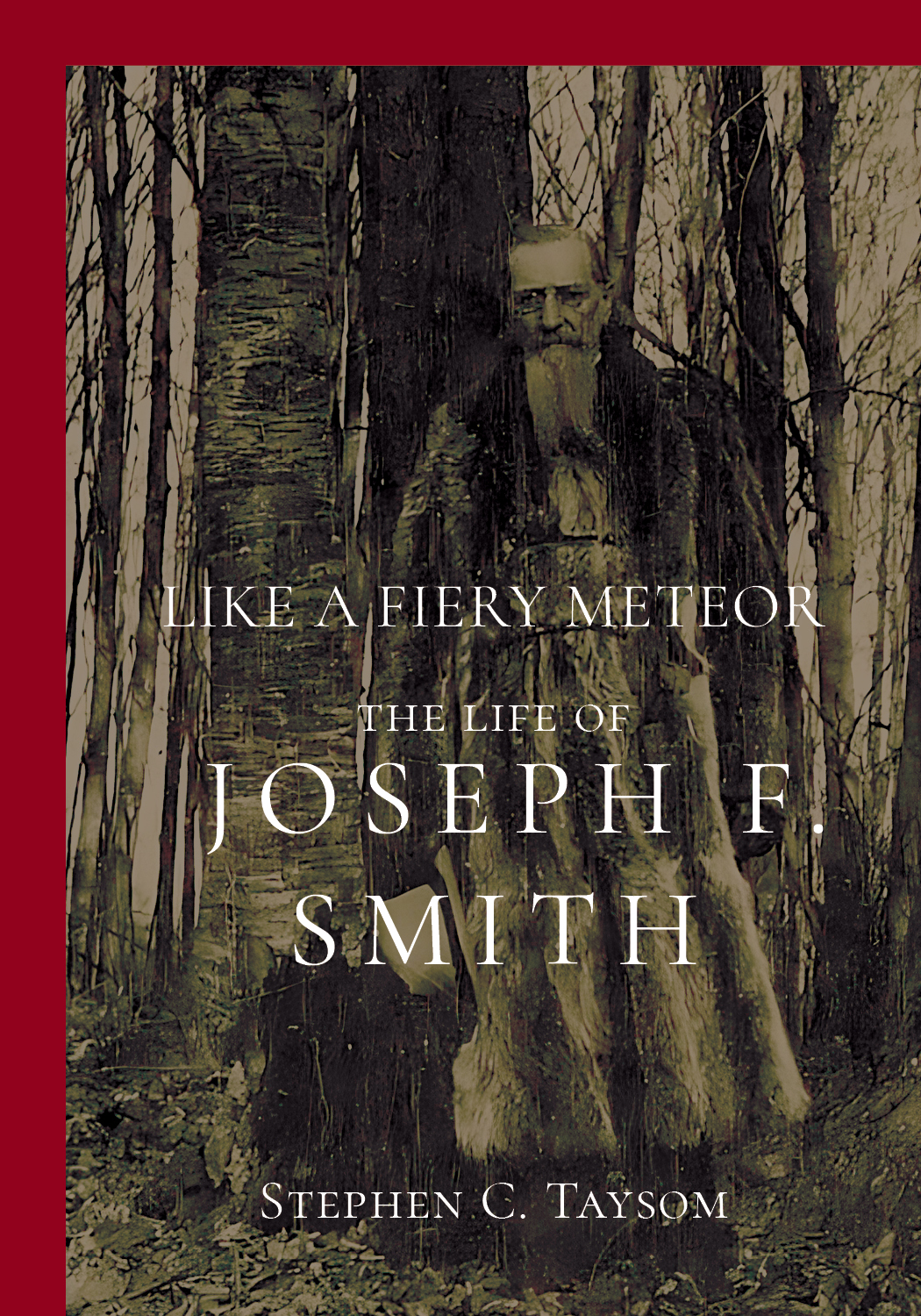
Joseph F. Smith (1838–1917) is a towering figure in Latter-day Saint history, so I have waited and hoped for an academically rigorous biography about him for years. Stephen C Taysom delivered on that hope this year in Like a Fiery Meteor: The Life of Joseph F. Smith. Read More
-
•
•
2 responses
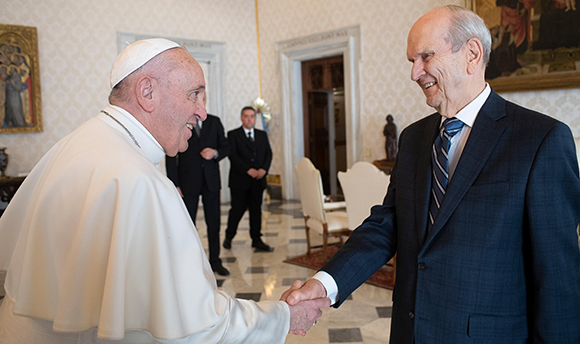
Pope Francis recently dismissed a US bishop from his post. This is a pretty big deal in the Catholic world, but in the Latter-day Saint chatter I’ve been privy to there is some confusion about why this should be newsworthy. After all, if an area authority 70 was openly snarking about President Nelson to the press, nobody would or should be surprised if he was released. However, in my experience there is a tendency among members to draw simple one-to-one analogies between us and Catholics. After all, we are both hierarchical, centralized faiths that believe in an ordained priesthood. However,… Read More
-
•
•
4 responses

The recently-published Restorations: Scholars in Dialogue from Community of Christ and The Church of Jesus Christ of Latter-day Saints is a fantastic glimpse into the similarities and differences between the two largest churches that emerged from the legacy of Joseph Smith, Jr. One of the highlights was a discussion between Keith J. Wilson and Lachlan E. Mackay about the First Vision. An interview over at the Latter-day Saint history blog From the Desk with Keith J. Wilson highlighted some of what they had to say on the topic. What follows here is a co-post to the full interview. Read More
-
•
•
One response
One of the articles to have recently been published in the Journal of Mormon Studies that has generated a lot of buzz is about a Pure Language Project and the Grammar and Alphabet documents produced by Joseph Smith and his associates in Kirtland, Ohio. And while the article by Michael MacKay and Daniel Belnap is, as the authors put it, “limited to the ivory tower of university journal access,” they did do a recent interview at the Latter-day Saint history blog From the Desk. What follows here is a co-post to the full interview. Read More
-
•
•
2 responses

I was just granted access to the latest version of GPT-4 that allows for uploads of longer and a greater variety of files. A few thoughts. The take-home essay is history. It’s all blue books and oral quizzes now. A weaker version of GPT-4 can now upload books 300 pages long. Even if it’s not in the training set people can upload a PDF of a book and get it to write a B-level book report. (And no, AI detectors don’t work, they give a lot of false positives). But enough inside undergraduate baseball, what implications does this have for… Read More
-
•
•
20 responses

A common belief in pop Salt Lake City Vaticanology is that Elder Uchtdorf is one of the more progressive members of the Quorum of the 12. This may be true, but for being such conventional wisdom there is very little hard data to back it up, which is the case for most speculations about the inner-workings of the Quorum of the 12 and First Presidency. While the mid-level Church Office Building leaks like a colander at times, very little verifiable information about the inner workings and personalities of the Quorum of the 12 and the First Presidency makes it to the… Read More
-
•
•
The University of Virginia’s Mormon Studies Program is pleased to announce the inaugural award of the Aileen H. and Hal M. Clyde Research Fellowship in Mormon Studies and Gender. For the year 2024, as many as two fellowships of $2,500 will be awarded for research in the Gregory A. Prince Collection related to Mormonism and gender, including women’s history, feminist studies, masculinity studies, or sexuality studies. Proposals will be reviewed beginning on January 15, 2024. Read More
-
•
•
4 responses
First and foremost: “The Pure Language Project” in the current volume of the Journal of Mormon History is the best explanation to date of the significance of the documents relating to the Egyptian papyri (referred to collectively as the “Egyptian Language Documents,” or ELD for short) for the development of Church doctrine and Joseph Smith’s understanding of the cosmos. Read More
-
•
•
10 responses
Guest post by Caleb Griffin. Recently, I listened to an interesting round table discussion from leaders of the Church of Latter-day Saints of Jesus Christ on the value of education. Throughout the course of the discussion and the post-discussion lecture, the speakers seemed to place the value of education on its ability to bless the lives of others, with a lesser emphasis on providing for one’s own family, and an even lesser emphasis on the fact that education has some sort of eternal value. Furthermore, one of the speakers, Elder D. Todd Christofferson said that we should be thinking of education… Read More
-
•
•
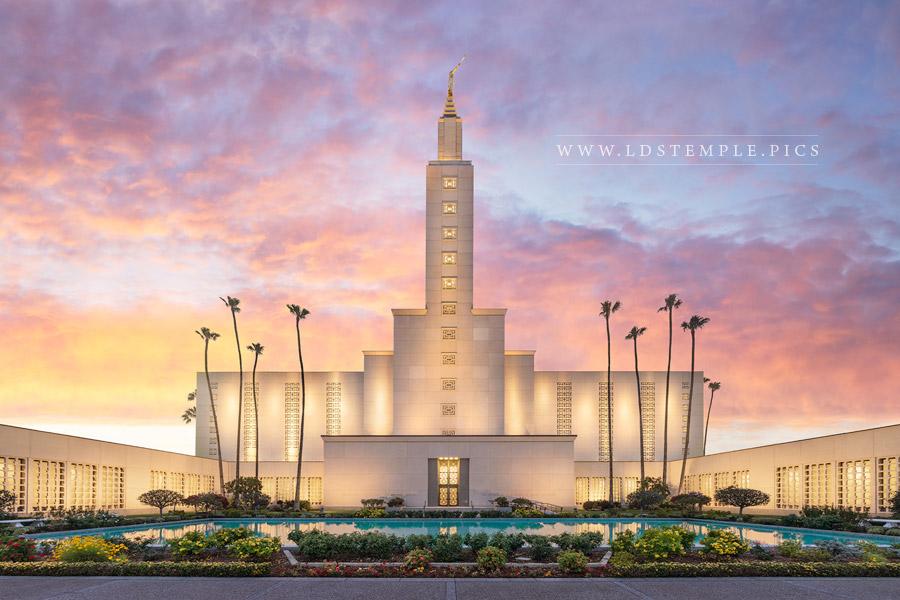
The Los Angeles is an example of a “modern single spired design” like the Bern, Switzerland Temple and the London, England temple. It is also one of eight temples that have an assembly room. Being in the priesthood assembly hall–a large, cavernous room in the bright, holy context of a temple–is a special experience that I was able to have during the Washington DC temple rededication. Read More
-
•
•
3 responses

Saints, Volume 3 came out on April 22, 2022. Given the estimated biannual cadence of releases for the series, we are likely to see Saints, Volume 4: Sounded in Every Ear come out sometime next year. Now, I hope by now that it’s clear that I am a fan of the series and when we were approaching the release of Saints, Volume 3, I published a post discussing what we could likely look forward to from the history. I would like to do the same for Volume 4. The intention here is not to publish a wish list of what… Read More
-
•
•
One response
A monthly piece summarizing all recent, peer-reviewed scholarly articles and books published on Latter-day Saints. Read More
-
•
•
15 responses
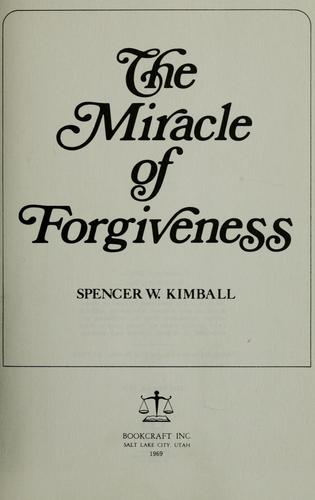
Journal text selected by Dennis B. Horne. Some liberal dissidents of that day and this take issue with Elder Kimball’s book The Miracle of Forgiveness, thinking Elder Kimball to have been too hard and harsh on those who indulge in sin and won’t repent. For this reason I have included many diary entries documenting his writing the book and the highly influential results of its publication—including what certain of his Apostolic associates thought of it. Also what President Dallin H. Oaks thought of it. Read More
-
•
•
32 responses
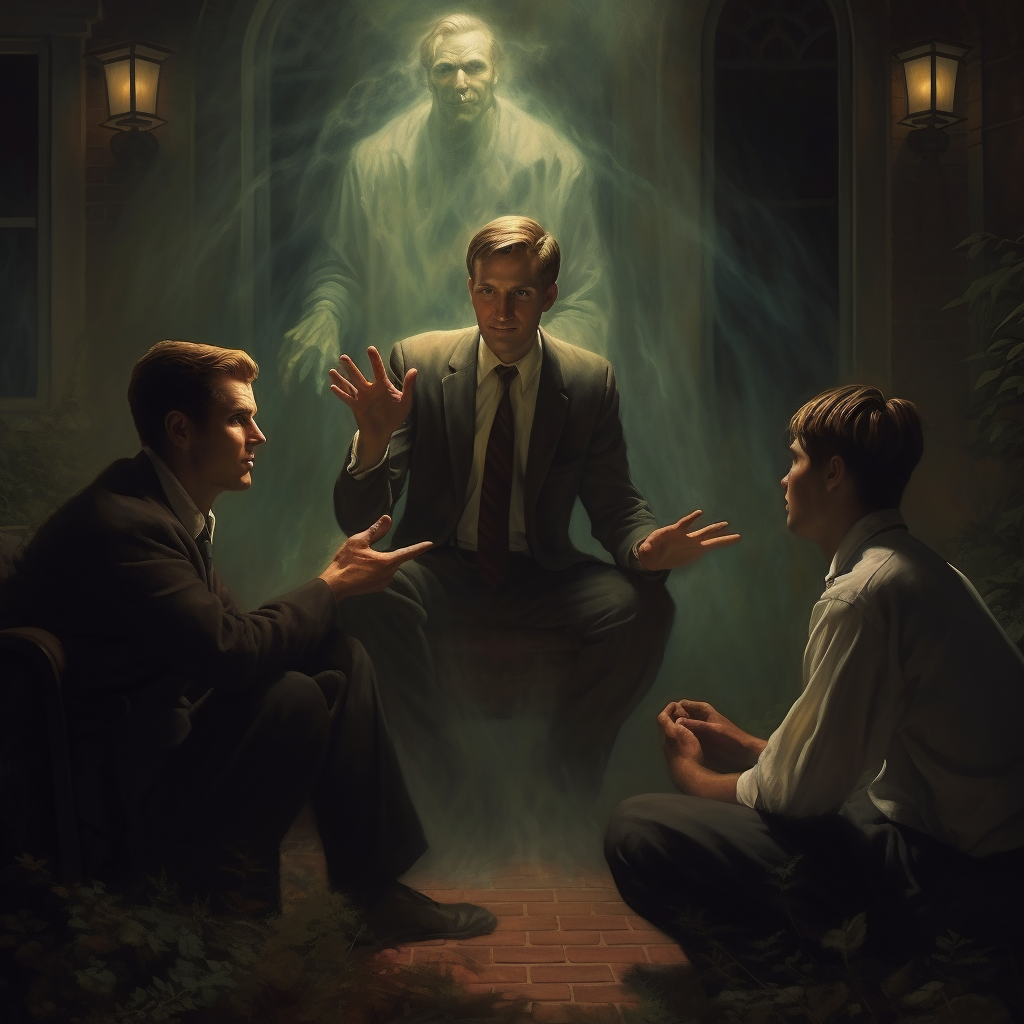
Midjourney: Mormon missionaries and a dark spirit, in the style of Greg Olsen. (Because why not.) My memories of childhood “I swear my uncle heard that…” fantastic stories are still fresh enough in my memory for me to associate folklore and urban legends with a sort of enchanting nostalgia of a more magical time before devices where we’d gather around the campfire to share stories. Where my friend said it happened to his uncle, and my friend wouldn’t lie, so ipso facto of course Bloody Mary is going to crawl out of the mirror to try to rip out my… Read More
-
•
•

As the Church became strongly established in Mexico, it spread from the historic epicenters in Mexico City and the northern colonies to reach across the full country—including among the Maya peoples of southern Mexico. Read More
-
•
•
5 responses
Journal text selected by Dennis B. Horne. Much of Spencer W. Kimball’s Apostolic ministry was devoted to working with and counseling members of The Church of Jesus Christ of Latter-day Saints that had committed “moral” sins. Read More
-
•
•
One response
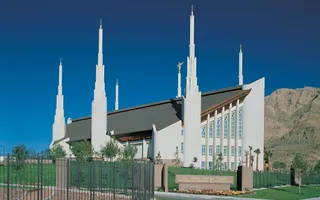
According to the excellent Wikipedia article on LDS temple architecture, the Las Vegas temple is one of about a dozen temples that exhibit the “sloped roof style” that was used for temples in the mid- to late-1980s. Read More
-
•
•
Journal text selected by Dennis B. Horne. Much of Spencer W. Kimball’s Apostolic ministry was devoted to working with and counseling members of The Church of Jesus Christ of Latter-day Saints that had committed “moral” sins. Read More
-
•
•
12 responses

Lately the Catholic world has been abuzz about a Vatican-sponsored Synod where, according to the media, Pope Francis is challenging deeply held teachings. Of course, if one actually reads what Pope Francis is saying it’s more complicated, and a lot of the more sensational takes are just click bait. Pope Francis is not a throat slitter, and he’s treading carefully here. I’ve been confused at times by conservative Catholics taking issue with Pope Francis, since his statements have been more or less party line. He’s not, say, calling for female ordination or formally loosening up the Catholic Church’s restrictions on abortion… Read More
-
•
•
One response
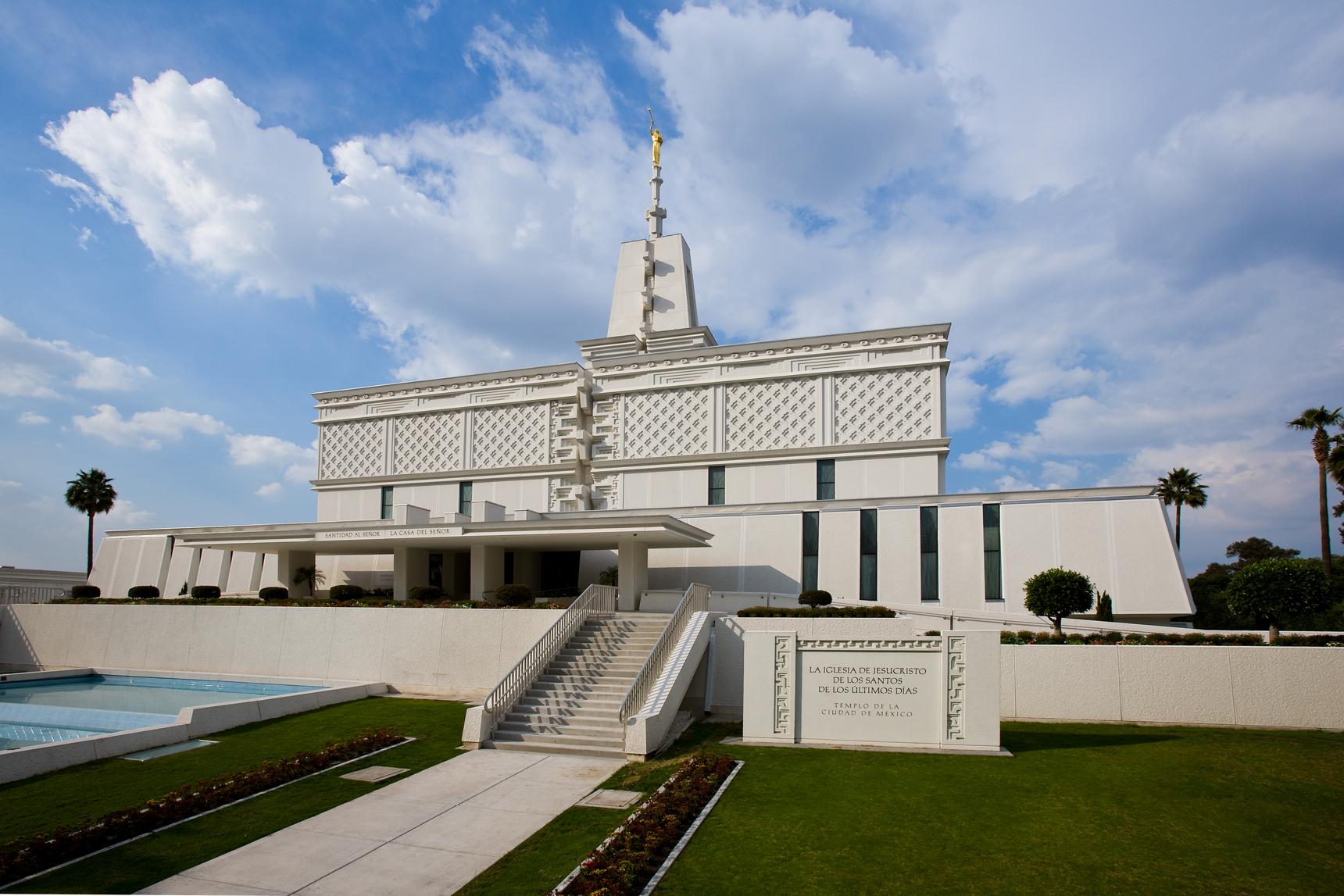
The Third Convention was reunited to The Church of Jesus Christ of Latter-day Saints in part due to the observation that stakes with local leadership and local temples would come only as the schism healed and the Church continued to become stronger in Mexico. It took some time, but stakes and temples did come. Read More
-
•
•
Journal text selected by Dennis B. Horne. Much of Spencer W. Kimball’s Apostolic ministry was devoted to working with and counseling members of The Church of Jesus Christ of Latter-day Saints that had committed “moral” sins. Read More
-
•
•
9 responses

When people refer to “Near Death Experiences” in a spiritual context they are generally referencing a phenomenon that happens across cultural, religious, and social contexts where people who are close to death experience some sort of numinous experience. What exactly an NDE consists of varies from experience to experience, but there are some common themes: A feeling of overwhelming peace and love A bright light The sensation of being lifted out of their body Meeting loved ones Meeting some kind of a divine being who reviews their life The themes match up enough with Latter-day Saint thought that I’m open… Read More
-
•
•
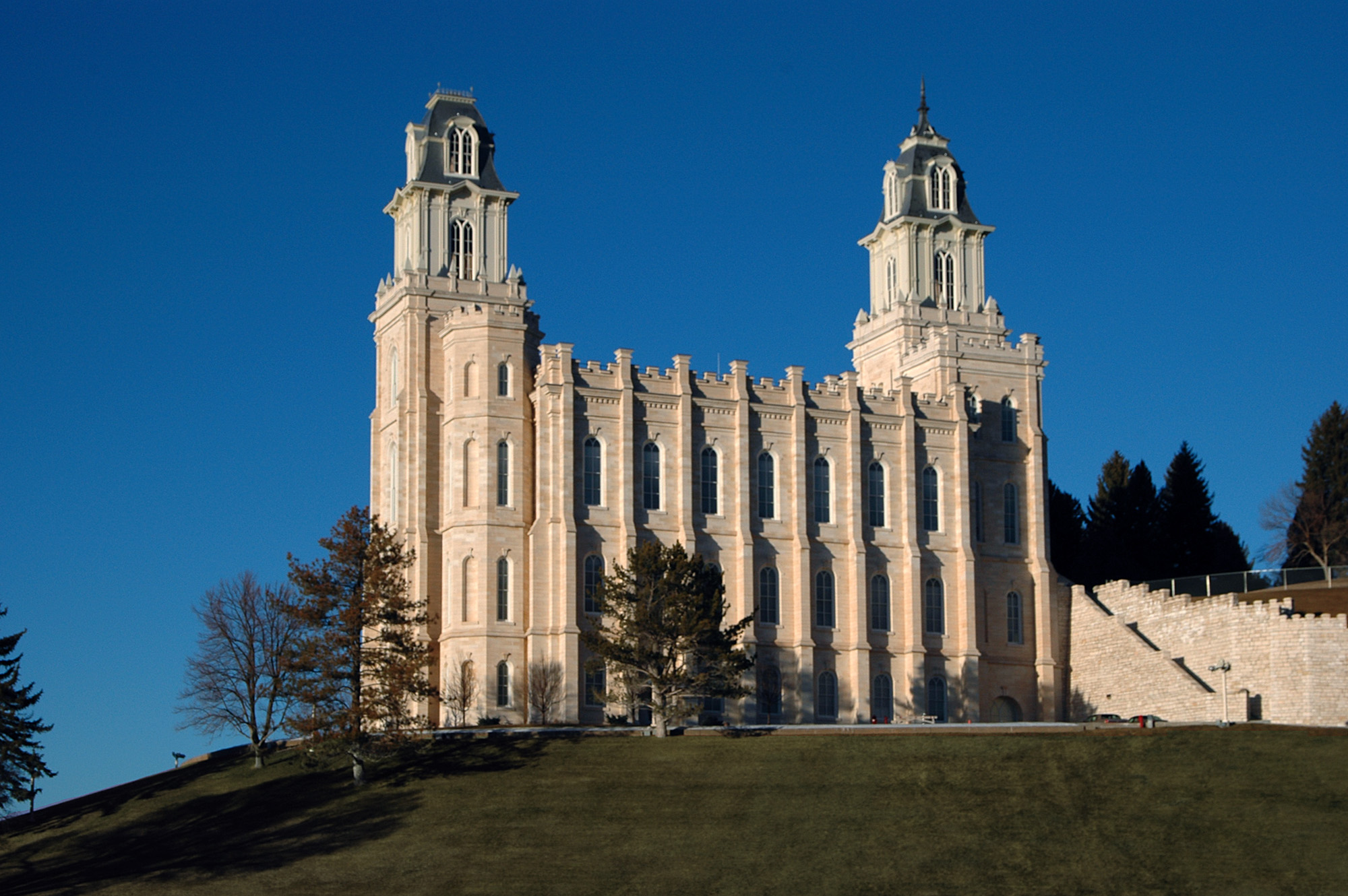
From Wikipedia: The Manti Temple is “Castellated Gothic.” From the Church website: “A castellated style reflects construction influences of Gothic Revival, French Renaissance Revival, French Second Empire and colonial architecture.” Read More
-
•
•
3 responses
I have to admit that I have had an ongoing fascination with the King Follett Sermon. I had been acquainted with bits and pieces of it here and there, but only really became familiar with the full text early on in my mission. But it has shaped a lot of my theology and views in the years since then. Apparently, I’m not alone – William V. Smith just published an entire book about the sermon (The King Follett Sermon: A Biography [BCC Press, 2023]) and talked about his research in a recent interview at the Latter-day Saint history blog From the… Read More
-
•
•
9 responses
Journal text selected by Dennis B. Horne. Much of Spencer W. Kimball’s Apostolic ministry was devoted to working with and counseling members of The Church of Jesus Christ of Latter-day Saints that had committed “moral” sins. Read More
-
•
•
3 responses
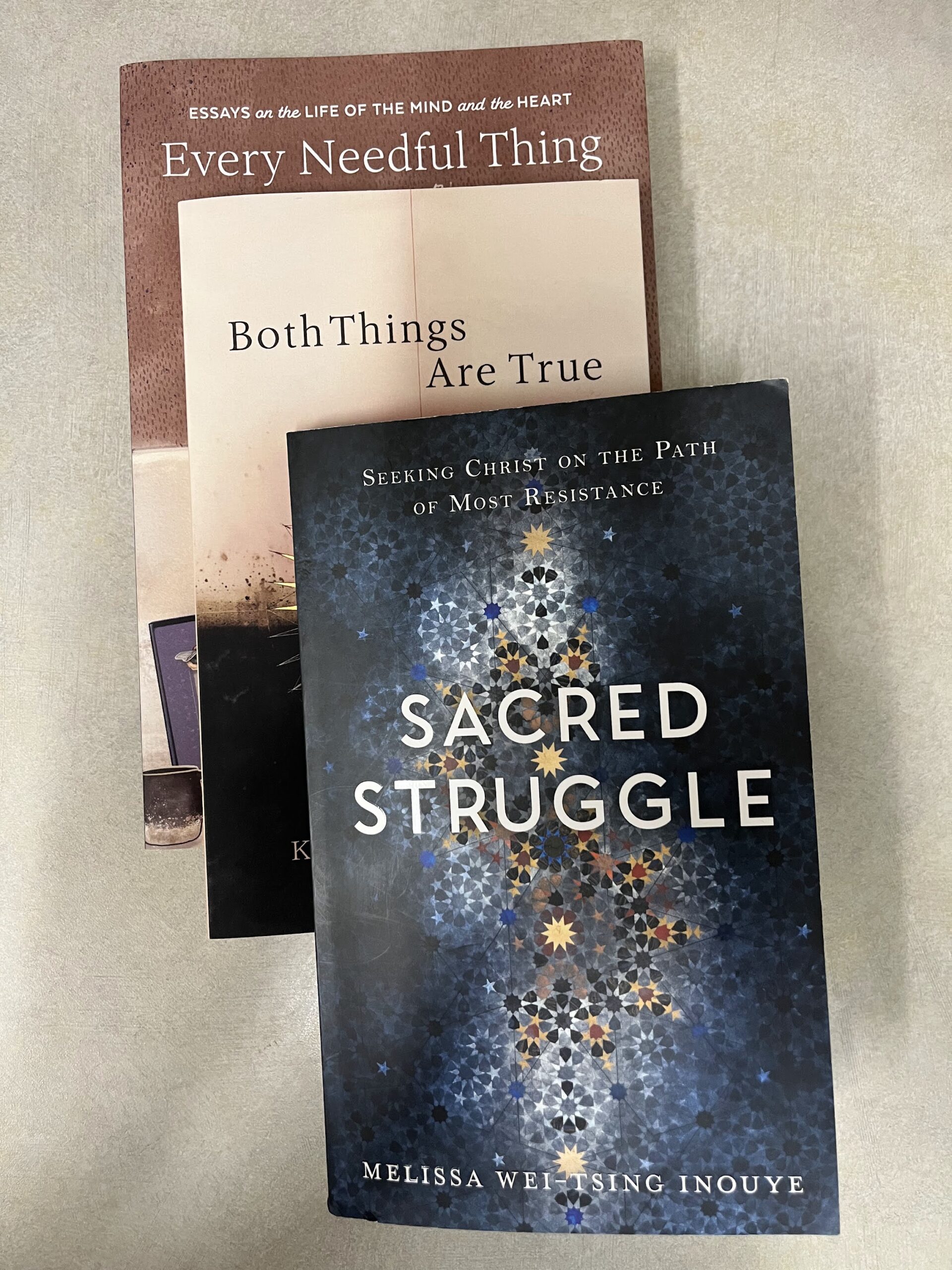
Melissa Wei-Tsing Inouye’s new book, Sacred Struggle: Seeking Christ on the Path of Most Resistance, confirms her status as reigning queen of great subtitles. It also confirms her status as one of our tradition’s most insightful pastoral-ecclesiological thinkers, worthy heir to the great Chieko Okazaki. Melissa has the professional training, the personal background and experience, and most of all the unwavering faith in Zion to raise the most important questions about this precarious moment in the history of The Church of Jesus Christ of Latter-day Saints. Inouye sees that the global expansion of the Church urgently requires a re-formation of… Read More
-
•
•
5 responses

I’ve always had a sort of passing interest in temple architectural history and design, so I thought I’d get Chat-GPT-V’s take on the possible architectural influences of different temples by uploading an image, asking it to “explain the architectural influences of this building and provide examples of buildings typifying these influences. Discuss non-LDS-specific architectural themes.” I hand-added images of the example buildings.I make no claim as to what exactly inspired the architect in each particular case. From Wikipedia: It is one of eight temples that does not have an angel Moroni statue, and one of six without spires, similar to Solomon’s Temple. It… Read More
